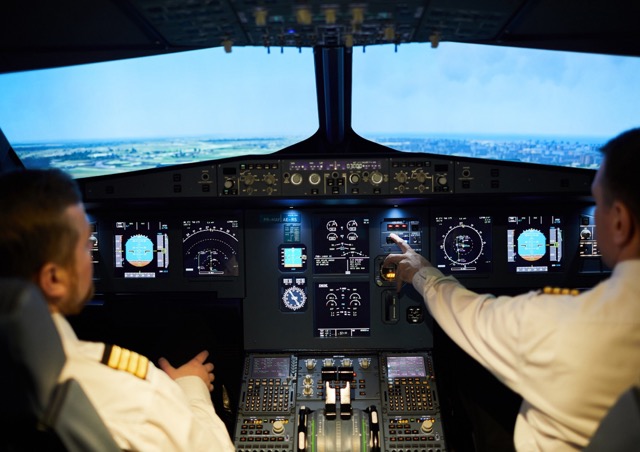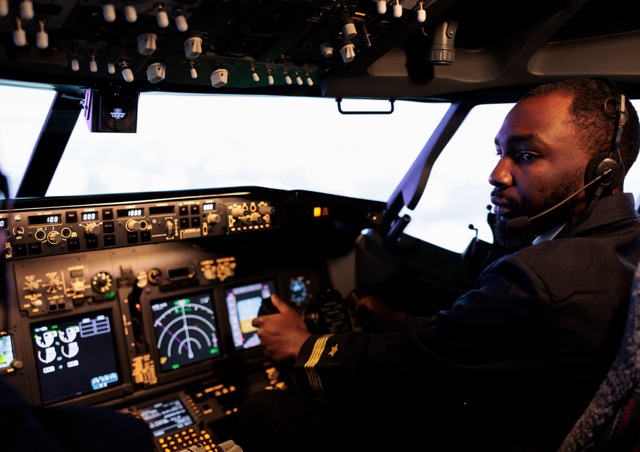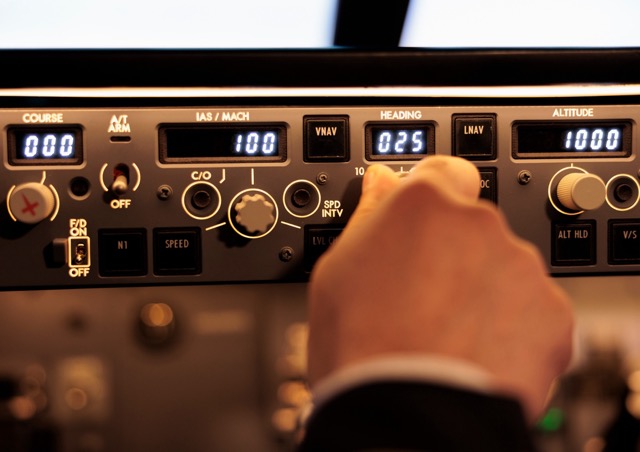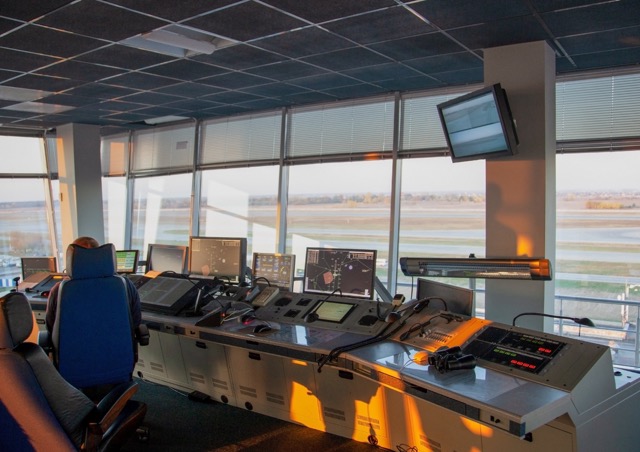Aviation dispatchers are the unsung heroes of air travel, sharing equal responsibility with pilots for the safety of every flight. While passengers rarely see us at work, we’re the masterminds behind critical flight decisions, from weather routing to fuel calculations.
As a flight dispatcher, we blend the roles of meteorologist, navigator, and operational expert into one dynamic career. The path to becoming an aviation dispatch professional requires specific training, certifications, and a deep understanding of the aviation industry.
In this comprehensive guide, we’ll walk through the essential steps to launch your career as an aviation dispatcher. We’ll cover everything from required qualifications and training programs to the day-to-day responsibilities that make this role both challenging and rewarding.
Understanding the Aviation Dispatcher Role
As aviation dispatchers, we operate from the heart of airline operations, working in dynamic control centers filled with advanced computer systems, radar equipment, and communication tools. Our role is far more complex than many realize – we’re the strategic planners behind every successful flight.
Let me walk you through what we actually do. Our primary responsibility is ensuring flight safety, which involves assessing every variable that could affect a flight’s success. We create detailed flight plans, calculate precise fuel requirements, and monitor weather conditions throughout the entire journey.
Here are our core daily responsibilities:
- Reviewing weather conditions and NOTAMs
- Creating and validating flight plans
- Briefing pilots on routes and conditions
- Monitoring active flights and making real-time adjustments
- Coordinating with various departments including maintenance and crew scheduling
Working as an aviation dispatcher means embracing a dynamic schedule. We typically work 10-hour shifts, often in a four-days-on, three-days-off pattern. While new dispatchers might start with night shifts and weekend rotations, the schedule flexibility improves with experience.
What makes our role unique is the shared legal responsibility with pilots for flight safety. We’re not just support staff – we’re essential decision-makers who must stay calm under pressure while juggling multiple tasks. Throughout each shift, we’re constantly communicating with flight crews, monitoring weather patterns, and making critical decisions that affect hundreds of passengers.

Mastering Critical Dispatcher Skills
In our role as aviation dispatchers, mastering a specific set of critical skills is essential for ensuring flight safety and operational efficiency. We need to maintain laser-sharp focus on details while juggling multiple responsibilities, as we’re responsible for planning and monitoring flights while making critical decisions during emergencies.
The cornerstone of our profession lies in these essential competencies:
- Weather Analysis: We use sophisticated tools to interpret weather patterns, turbulence forecasts, and atmospheric conditions
- Route Planning: We meticulously craft flight plans considering factors like air traffic, fuel efficiency, and safety parameters
- Communication Excellence: We maintain clear, concise, and timely exchanges with pilots, air traffic controllers, and ground crew
- Emergency Response: We must stay calm under pressure and make quick decisions to ensure passenger and crew safety



What sets successful aviation dispatchers apart is our ability to work in tandem with pilots. We provide vital information including weather updates, route changes, and air traffic control directives. This partnership becomes even more critical during emergencies, where we coordinate alternative routes and communicate with ground crews.
The modern dispatch environment has evolved with technology. We now utilize AI-powered tools that can analyze weather patterns and flight congestion data faster than ever before. However, the human element remains crucial – while machines excel at data processing, we bring the judgment and situational awareness needed for critical decision-making.
Launching Your Dispatcher Career
Starting a career in aviation dispatch requires careful planning and strategic positioning. Let’s explore how we can launch our journey in this dynamic field.
For those wondering about compensation, entry-level aviation dispatchers can expect to earn between $32,000 to $40,000 annually while gaining valuable experience. The good news is that our industry is experiencing significant growth, with increasing demand for certified personnel over the next decade.
Here are the key steps we recommend for launching your career:
- Start with smaller carriers before targeting major airlines
- Build experience through internships or entry-level positions
- Network actively within the aviation community
- Prepare thoroughly for dispatcher interviews
- Be flexible with location for better opportunities
One aspect we must consider is the work-life balance. Many of us work 12-hour shifts, sometimes extending to 24-hour coverage. While the schedule can be demanding, we’ve learned that setting clear boundaries is crucial for long-term success in this role.
The application process often begins through airline websites or industry job boards. What’s encouraging is that many carriers actively contact aviation schools seeking promising candidates. We’ve seen that persistence is key – while some of us land positions immediately, others might need multiple attempts before securing their ideal role.
Pro Tip: Join professional organizations like the Airline Dispatchers Federation. These connections often lead to valuable job opportunities and provide essential industry updates that can give us an edge in interviews.
Conclusion
Aviation dispatching offers us a challenging yet rewarding career path where we blend technical expertise with critical decision-making skills. Through our shared responsibility with pilots, we play a vital role in ensuring safe and efficient air travel for millions of passengers daily.
Success in this field demands dedication to continuous learning, adaptability with evolving technology, and strong communication skills. While the work schedule might seem demanding at first, the career growth opportunities and competitive compensation make it worthwhile for those passionate about aviation.
Remember that starting small and building experience strategically will set a strong foundation for your dispatcher career. Many of us began with regional carriers before advancing to major airlines, using each role as a stepping stone to develop our expertise.
Most importantly, aviation dispatching isn’t just a job – it’s a commitment to aviation safety and operational excellence. Each day brings new challenges and opportunities to prove our worth as the behind-the-scenes architects of successful flights.






